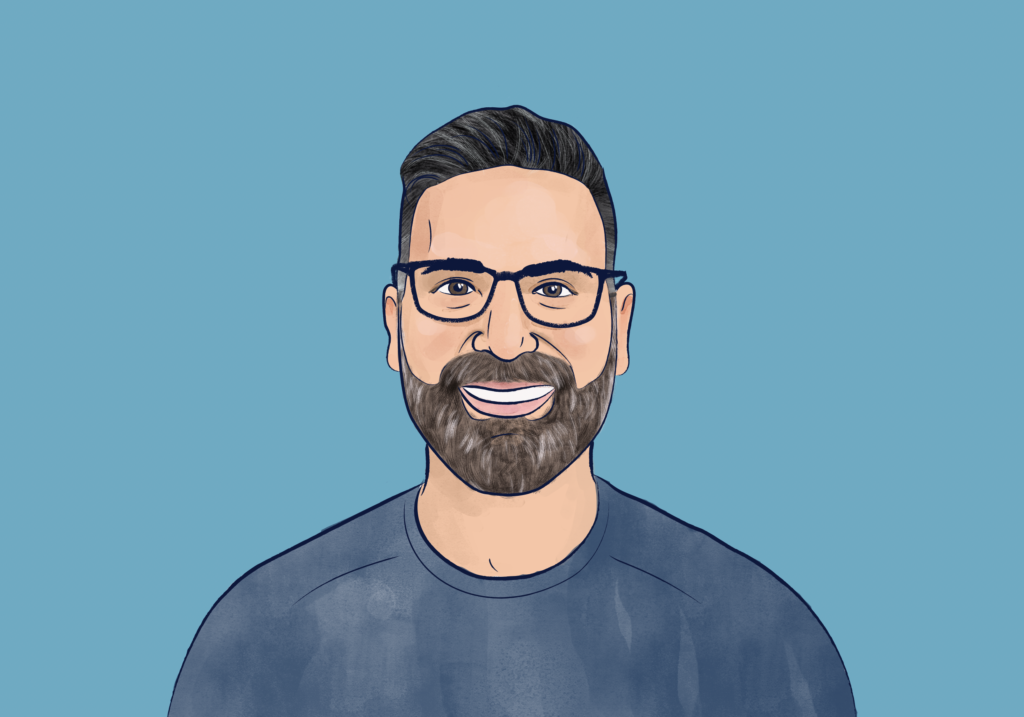
Unlearning is on the rise. As people transform themselves by learning new skills, processes, and technologies, it’s apparent that unlearning is also necessary.
Harvard Business Review defines unlearning as “the ability to choose an alternative mental model or paradigm”. They note that unlearning as a tool of transformation is often overlooked, yet it can unlock an organization’s capacity for actual progress. Choosing to unlearn obsolete mental models allows individuals and companies to flourish.
“The process of unlearning is both painful but liberating because it’s getting back to your core of what your values were before you became an assumed lawyer, so to speak,” says Ryan Zahrai, who is a strong advocate for unlearning – especially as a lawyer. He believes a legal education changes people, and not always for the better.
Lawyers are taught to be risk-averse and to always see the potential for the worst-case scenario. In business, this mentality is not necessarily helpful, in-house counsel should be trying to move the business forward, not blocking things due to inherent but remote risk. To be a great business advisor, in-house counsel need to evolve with the times, and then some.
“Unlearning is a holistic posture that allows us to relearn,” says Zahrai. And top of his list of what in-house counsel should unlearn is ego. “I think lawyers are put through an education machine that spits out a personality which assumes you are the smartest person in the room.” This superiority complex doesn’t serve either the business or counsel well. Rather, it creates an aura of unapproachability. If counsel want to be approached early with issues and brought into the folds of the business, ditching the ego is crucial.
“Moving in-house was a humbling experience because you’re surrounded by real change makers,” says Zahrai. Rather than being in a law firm with an indoctrinated superiority complex, Australian healthtech Eucalyptus opened his eyes to people redefining health care.
Embracing his role as a creative problem solver aligned with strategic business goals, allows him to add tangible value. “For me, a humble attitude of learning came with moving in-house as you’re not surrounded by the redundancy of other lawyers creating drama and spinning wheels. My view is that lawyers need to be personable, to understand commercial and business drivers against risk, and the value of relationships.”
Zahrai’s unlearning journey hasn’t always been easy. He’s struggled to shake certain traits and says that unlearning is a constant work in progress, particularly when it comes to his internal combativeness and competition. His manager identified him as having a tendency to behave in a “protectionist” manner, i.e. someone who jumps in to protect the legal department and is concerned about how the business views them. In a scale-up like Eucalyptus, this behavior doesn’t fly.
“The value in-house legal provides is making calls with less information but more conviction. This is especially true within a scale-up context because we don’t have time to be perfectly right all the time,” says Zahrai.
It comes back to “forget the law”. It’s important to note that forgetting the law doesn’t mean disregarding it or doing something illegal. Zahrai explains it as “to stop thinking like a four-walled lawyer and start thinking like a commercial operator who understands the law and how to navigate it in a business context”.
Unlearning how lawyers perceive risk is also high on Zahrai’s list. “There is a huge propensity for lawyers to think that every tiny error or omission in a contract will lead to litigation or become a textbook case whereas the reality is only a very small proportion do.”
Things are slightly different for private practice lawyers but developing a risk-reward appetite is paramount in the case of in-house. Counsel should constantly come back to business drivers and measure the risk of a potential issue against the potential to achieve business value.